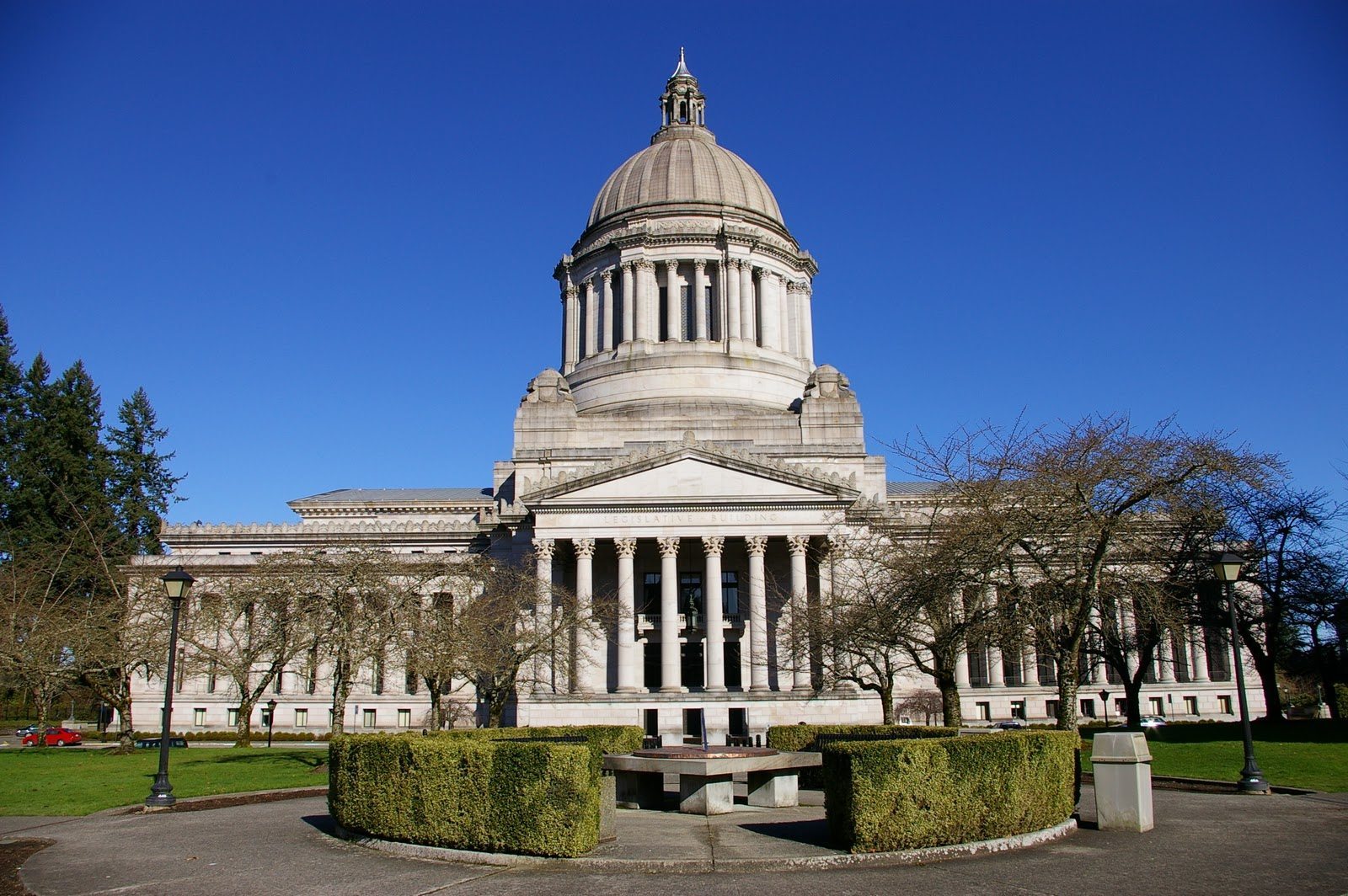The Republican-controlled state Senate did not take long to respond to state House Democrats’ 2015-17 budget, which they introduced on Friday. Today, Senate Republicans presented their version of the state budget and, as promised, it does not include any new taxes. Rather, the Senate budget relies on existing revenue, responsible spending strategies and prioritizing tax revenue from recreational marijuana sales for education.
Republicans’ budget truly prioritizes education, spending about $1.3 billion to meet constitutional requirements as ordered in the state Supreme Court’s McCleary decision. Nearly half of the budget is designated to education spending. Additionally, Republicans’ budget would cut college tuition rates for the first time since the 1970s. That step represents a tax cut for Washington’s middle class families, according to budget writer and Ways and Means Committee Chairman Sen. Andy Hill.
As the Seattle Times reports, “the GOP plan would also lower college tuition by funding a bill to reset tuition rates. Under the Senate plan, tuition at the state’s public universities and community colleges would be linked to a percentage of the average wage for Washington workers. A measure outlining this proposal has already passed the Senate and awaits action in the House.”
The GOP budget proposal—like Democrats’ proposal—assigns funding to reduce class-sizes for Kindergarten through the 3rd grade, altering Initiative 1351’s push for class-size reductions. The change is in-line with research that shows reducing class sizes to the extent demanded by I-1351 has no impact after the 3rd grade – though it would create more dues-paying WEA members, which is the union’s primary goal. Unlike the Democrats’ plan, Republicans actually deal with I-1351 by sending the change back to voters for a referendum vote.
The Republicans’ budget would also prioritize education by redirecting recreational-marijuana tax revenue—projected at $300 million—to spending on public schools. The change does, however, preserve the research and drug prevention programs paid through the tax.
The Republicans’ budget delivers a 25 percent cut in college tuition and reverses a 30-year trend by prioritizing new education dollars at a 3-to-1 ratio versus general government spending.
The projected revenue growth of $3 billion—a more than 9 percent increase from the last budget—during the next two-year budget cycle (2015-2017) gave lawmakers more than enough money to deal with the spending needs. In fact, Republicans managed to designate more money for health care programs than Democrats.
Sen. Hill stuck to his promise to make taxes a last resort, not a first response. That means the Republicans’ budget does not fund Democrats’ attempt to reward their million-dollar campaign donors—the Washington Education Association, the Washington Federation of State Employees and the Service Employees International Union (SEIU)—with nearly a billion dollars in pay raises.
The GOP plan rejects the budget-busting labor contracts secretly negotiated by Jay Inslee and top state employee union executives. Instead, Republicans introduced a new approach.
Under Republicans’ budget, every state employee would receive a flat $2,000 raise over the next two years. Sen. Hill pointed out that the new approach would give a larger percentage increase to lower-paid workers and the state would save taxpayers about $75 million in the state’s 2015-17 budget.
Additionally, teachers and other school employees would receive annual cost-of-living adjustments (COLAs) based on inflation—the plan originally approved by voters with Initiative 732 in 2000. That saves taxpayers another $150 million over two years.
Sen. Schoesler called the budget “bold” and praised it for delivering “on the promise to make education the top priority and to live within our means.” It’s a budget that “delivers tax relief for families, fully funds K-12 education and protects the most vulnerable – all without raising taxes. From the beginning we believed that $3 billion in added projected revenue was enough to make this budget work.
“This is a ‘no new taxes’ budget that stands in stark contrast to the 15 percent increase in government spending and a $1.5 billion tax increase proposed by the House Democrat leadership. Tax increases should always be the last resort, not the first order of business.”
All in all, Republicans’ proposed a $38 billion budget with a $4 billion spending increase from the previous budget. Of the $4 billion spending increase, $3 billion is from increased revenue due to economic growth. The remaining is derived from $325 million marijuana revenue and the closure of 12 tax exemptions.
The GOP budget plan does not include tax increases.




